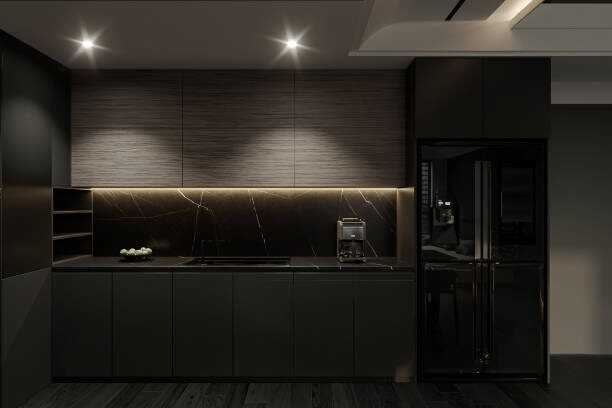When choosing a surface material for outdoor spaces, homeowners often compare pavers and poured concrete. One of the biggest considerations is durability and longevity. While both materials have their strengths, pavers tend to outperform concrete in many ways. The question remains: Do pavers really last longer than concrete? Paver installation experts agree that understanding material differences is key to making the right decision.

Flexibility and Crack Resistance
One of the primary advantages of pavers over concrete is their flexibility. Poured concrete is a solid slab, meaning that as the ground shifts due to temperature changes or settling, cracks are inevitable. Once a crack forms, repairing concrete can be challenging, often requiring costly resurfacing or replacement. Pavers, on the other hand, are individual units that interlock, allowing them to adjust with ground movement without cracking. This flexibility makes them a more durable option in regions with extreme weather changes. Paver installation professionals emphasize the importance of this characteristic for long-term surface stability.
Maintenance and Repair Differences
When it comes to maintenance, pavers and concrete require different approaches. Concrete surfaces are prone to stains, discoloration, and cracks. Repairing a concrete slab often involves patching, which can be noticeable and affect the overall aesthetic. Pavers, however, are easy to maintain. If a single paver gets damaged, it can be replaced without disturbing the surrounding surface. Regular cleaning and occasional resealing help maintain their appearance. Paver installation specialists recommend sealing pavers to enhance their longevity and prevent staining.
Load-Bearing Strength and Durability
Both pavers and concrete can handle significant weight loads, but pavers often have a higher load-bearing capacity. The interlocking design of pavers distributes weight more evenly, reducing the likelihood of surface damage. Concrete, while strong, can crack under pressure, especially if heavy vehicles or furniture are consistently placed on it. For driveways, patios, and walkways, pavers provide a more resilient surface that withstands everyday use without significant wear. Paver installation experts often recommend pavers for areas with high foot and vehicle traffic due to their durability.
Aesthetic Appeal and Longevity
Aesthetically, pavers offer more variety in terms of colors, shapes, and patterns. Concrete can be stamped or stained, but it often fades over time and can become dull. Pavers retain their color and texture longer, making them a more visually appealing choice for outdoor spaces. Additionally, their modular design allows for creative layouts that enhance the beauty of patios, driveways, and pathways. Paver installation professionals frequently highlight the design versatility of pavers as a major advantage over concrete.
Weather Resistance and Seasonal Changes
Outdoor surfaces are constantly exposed to the elements, which can affect their longevity. Freeze-thaw cycles can be particularly harsh on concrete, causing it to expand and contract, leading to cracks and surface degradation. Pavers are designed to accommodate these natural shifts, making them more resistant to seasonal changes. Their ability to allow water drainage also reduces pooling and prevents surface erosion. Paver installation specialists recommend proper base preparation to maximize weather resistance.
Cost Considerations and Long-Term Investment
Many homeowners initially choose concrete because of its lower upfront cost compared to pavers. However, the long-term expenses of concrete maintenance and repairs often outweigh the initial savings. Pavers may have a higher installation cost, but their durability and ease of repair make them a more cost-effective option over time.
- Concrete surfaces require sealing every few years to maintain their integrity.
- Cracks in concrete can necessitate complete resurfacing, which can be expensive.
- Pavers require minimal repairs, and individual units can be replaced without disturbing the entire surface.
- Pavers maintain their aesthetic appeal longer, reducing the need for frequent updates.
Paver installation professionals stress the importance of considering long-term costs when making a decision.
Environmental Benefits of Pavers
Sustainability is another factor that makes pavers a better choice for outdoor spaces. Permeable pavers allow water to pass through, reducing runoff and helping with natural drainage. This prevents issues like puddling and erosion, which are common with traditional concrete surfaces. Concrete, being non-permeable, contributes to water runoff, which can lead to drainage problems over time. Paver installation experts often recommend eco-friendly pavers for homeowners looking for sustainable solutions.
Conclusion
While both pavers and concrete have their advantages, pavers ultimately offer greater durability, flexibility, and aesthetic longevity. They withstand weather changes better, resist cracking, and are easier to repair and maintain. Although the initial investment may be higher, pavers prove to be a smarter long-term choice for outdoor spaces. With expert paver installation, homeowners can ensure a surface that remains beautiful and functional for years to come.
